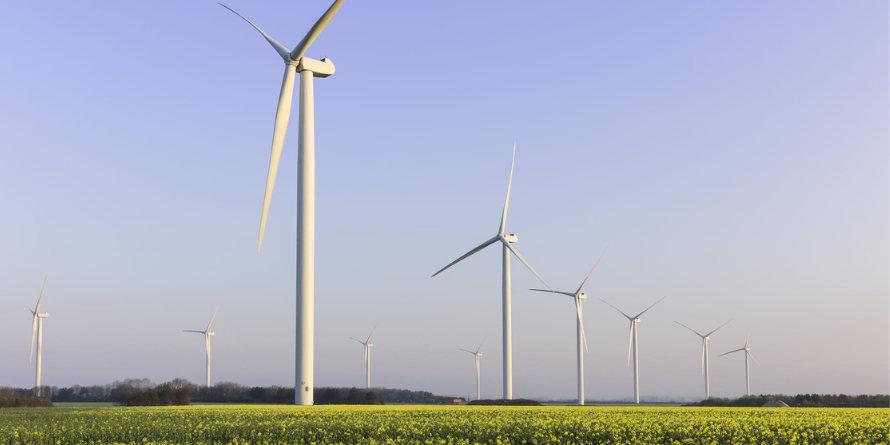Posted on: 19/01/2021
As businesses continue to prove their sustainability credentials, Head of Renewable Origination, Rob Luke explores the concept of 24/7/365 renewables and the factors driving the interest behind it.
In a world where technology is making data more accessible than ever before, new opportunities are emerging all the time, driving the next step in corporate sustainability. 24/7/365 renewable supply essentially matches locally generated renewable electricity that meets the consumption of a business in near real-time.
How does it work?
The consumption of renewable power is evidenced by renewable certificates associated with each MWh of power produced. However, this does not take into account time-specific concerns. Certificates can now be time stamped to show that specific renewable sources were providing power to the grid for consumption by end-users at specific points in time.
In the UK, this could be applied in half-hourly intervals to match settlement periods, allowing business consumers to match up their own times of consumption with renewable generation delivering power at the same time. This also opens up the possibility of consumers being able to choose specifically which generation types they procure from, or from which local projects.
As the proportion of total electricity supply from renewable sources continues to grow in Great Britain, the case for investing in energy storage systems increases to help balance out supply intermittency.
With improvements in technology and chemistry and decreasing costs, energy storage is becoming a viable and increasingly costs effective way to balance not only the Grid (by providing specialised services) but also to balance a customer’s demand, on-site generation and their import and export constraints. Such microgrid-like optimisation allows a site to effectively run fully on renewable power and is much more compatible with local grid constraints, which may otherwise limit the amount of power that could be imported or exported the Grid.
Potential to drive investment in future renewable projects
In the long term, this could have the potential to change market incentives too. In theory, if the desire for 24/7/365 renewables was widespread enough, the value attached to time-stamped certificates could help drive investment in future renewable projects, similar to the way in which renewable certificates have provided a revenue stream for independent projects up to now.
The technology may not be widely used just yet, but it certainly provides evidence of progress for the future as businesses look to strengthen and provide transparency over their journeys to net-zero.
Learn more about renewable electricity supply for I&C businesses here

 United States
United States Australia
Australia






